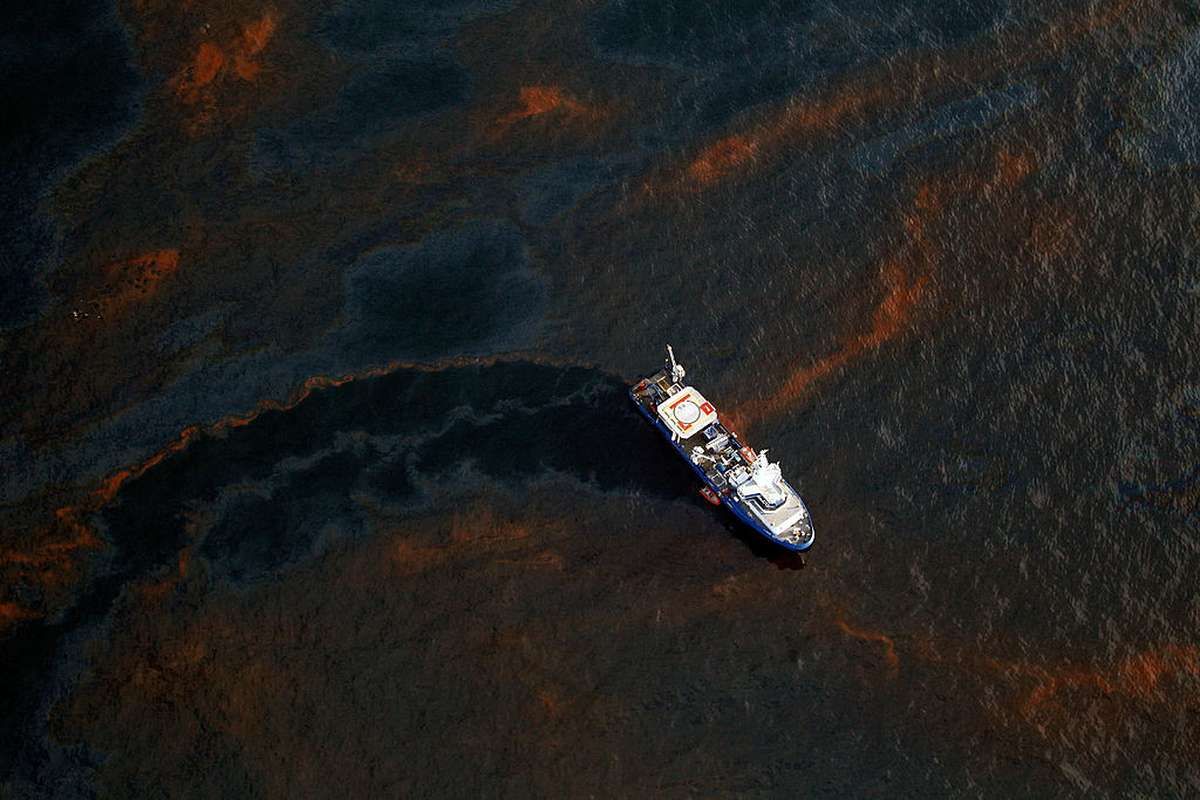Crude oil, which is primarily a fossil fuel, plays a pivotal role in the energy sector but also poses significant environmental threats.
While it’s a crucial driver of the global economy, powering transportation and contributing to electricity generation, its extraction, particularly from offshore sources, leads to detrimental environmental consequences like oil spills.
The Mechanism of Offshore Drilling and Its Risks
Offshore drilling is a complex, expensive, and risky procedure that involves digging deep into the ocean floor to access crude oil reserves. Although it supplied 15% of the world’s crude oil as of 2021, it also poses significant environmental risks.
These operations are subject to various regulations, but the scale and complexity of these projects make accidents likely.
The Impact of Oil Spills
When spills occur, they have catastrophic effects on marine ecosystems and local communities. Oil spills can devastate marine life, contaminate food chains, and pollute coastal habitats, leading to both short-term and long-term environmental damage.
The Deepwater Horizon oil spill in 2010, which is one of the largest in history, released millions of barrels of oil into the Gulf of Mexico. This event affected marine and bird life, and it also caused extensive damage to the fishing and tourism industries.
Types and Causes of Spills
Oil spills can happen in numerous ways, from leaks during the drilling process to ruptures in pipelines or shipping tankers. While some oil spills are natural, most are anthropogenic, which means they’re triggered by factors like human error, equipment failure, or natural disasters.
Hurricane Katrina in 2005, for instance, led to a series of spills that had an extensive environmental impact.
The Problem of Abandoned Wells
Another source of environmental concern is the abandoned oil wells, which can leak oil if not properly sealed. An estimated 28,232 permanently abandoned wells exist in U.S. federal waters, posing a significant risk for future spills.
The Aftermath
After a spill occurs, the oil typically forms an oil slick on the water’s surface. This not only disrupts marine life but can also make its way to the coastlines, affecting terrestrial habitats and human activities.
Cleanup operations are usually costly and can take years to complete, further accentuating the environmental toll of oil extraction processes.
The Role of Regulatory Oversight
Regulatory agencies play a crucial role in minimizing the risks associated with offshore drilling. However, the complexity and scope of these operations often mean that oversight alone is insufficient to prevent all incidents.
Therefore, in the long term, transitioning to more sustainable forms of energy is crucial to mitigate the risks and environmental impact associated with crude oil extraction and use.

